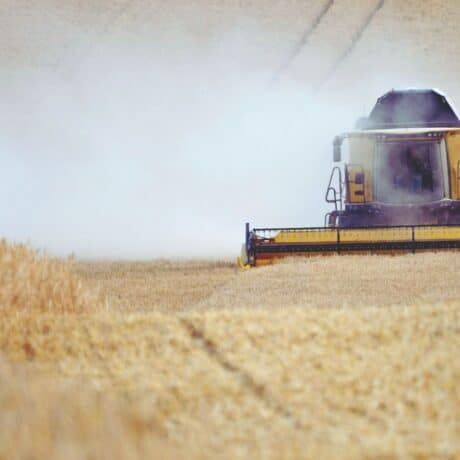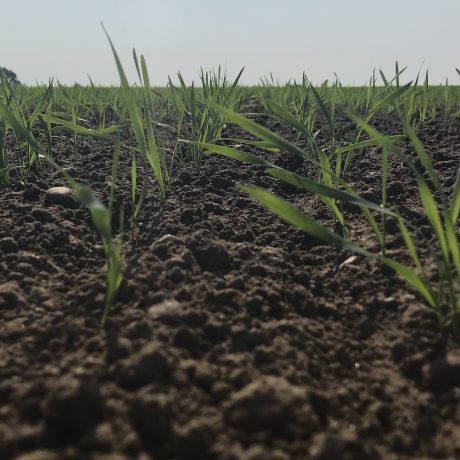Turning Back the Clocks: Health Implications in Agriculture as British Summer Time Ends
Robert Gazely
Oct, 25 2022Preparing for Darker Days: Seasonal Safety and Mental Health Awareness for Farmers
On Sunday 30 October, the clocks go back and we return to Greenwich Mean Time – a clear reminder that winter is on its way. As the season progresses, daylight hours shrink and both mornings and evenings grow darker.
Winter Darkness and Its Impact on Farmers
Farming offers the privilege of working close to nature, but it can also feel isolating. Longer hours of darkness bring both physical and mental challenges. Many farmers recognise the physical hazards, yet the psychological pressures are often overlooked. Long days, reduced visibility, and prolonged periods working alone can all increase the strain on mental wellbeing.
Seasonal Workloads Don’t Slow Down
Although harvest feels like a distant memory, farm owners and employees remain busy. Cultivating, drilling, rolling, spraying and year-round livestock work continue regardless of weather or daylight. With these ongoing demands, it’s important to stay alert to the signs of Seasonal Affective Disorder (SAD).
Understanding Seasonal Affective Disorder (SAD)
SAD is a form of depression linked to seasonal patterns. Symptoms are most noticeable and severe during winter when daylight is limited. Indicators may include:
-
Persistent low mood
-
Loss of appetite
-
Reduced interest or pleasure in daily activities
-
Irritability and difficulty sleeping
-
Trouble concentrating
-
Feelings of guilt, despair or worthlessness
Recognising these signs early can help farmers manage their wellbeing through the darker months.
The Role of Vitamin D in Winter Health
Dark UK winters limit our body’s ability to produce vitamin D, the “sunshine vitamin.” While its benefits to physical health are well known, researchers are still exploring its influence on mental health. Growing evidence suggests low vitamin D levels may contribute to a higher risk of SAD.
Because it’s difficult to get enough vitamin D from food alone, the NHS recommends adults consider taking a daily supplement containing 10 micrograms of vitamin D during autumn and winter.
Support for Farmers During the Winter Season
Farming can be a relentless, high-pressure profession, especially when shorter days combine with colder, wetter weather. Many organisations provide help and support for farmers concerned about their mental health, or that of colleagues and employees. Staying connected and knowing where to turn for assistance is vital as winter approaches.






